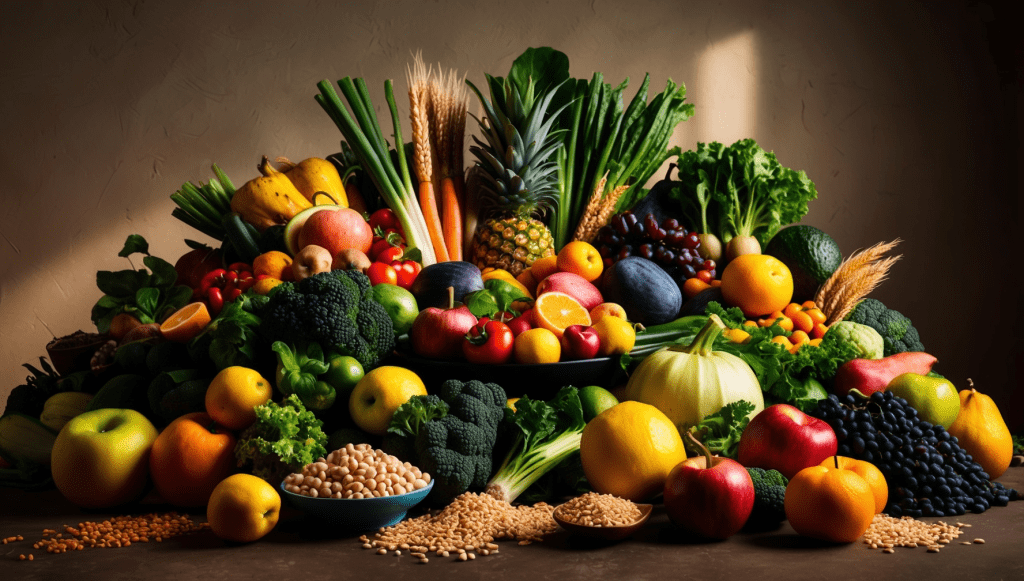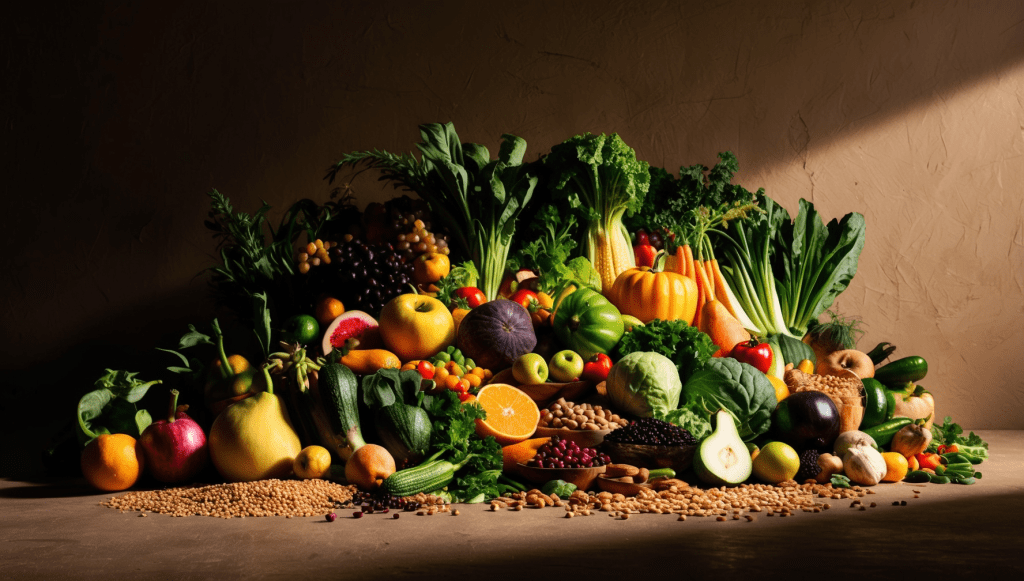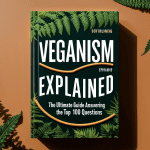As more people become conscious of their dietary choices, the terms “vegan” and “vegetarian” often come up in discussions about health, ethics, and sustainability. While both diets emphasize plant-based foods, they differ significantly in their restrictions and underlying philosophies. This article explores these differences, helping you understand what sets vegans apart from vegetarians.
Defining Vegetarianism
Vegetarianism is a dietary practice that excludes meat, poultry, and fish. However, vegetarians may still consume animal-derived products such as dairy and eggs, depending on the specific type of vegetarianism they follow. Here are the most common variations:
- Lacto-Ovo Vegetarian: This is the most common type of vegetarian diet. Lacto-ovo vegetarians avoid all meat but include dairy products and eggs in their diet.
- Lacto Vegetarian: Lacto vegetarians consume dairy products but do not eat eggs or any form of meat.
- Ovo Vegetarian: Ovo vegetarians include eggs in their diet but avoid all dairy products and meat.
- Pescatarian: Although not strictly vegetarian, pescatarians avoid meat and poultry but include fish and seafood in their diets.
People choose vegetarianism for various reasons, including ethical concerns about animal welfare, health benefits, environmental considerations, or cultural and religious beliefs.
Defining Veganism

Veganism is a stricter lifestyle choice that goes beyond dietary restrictions. Vegans abstain from all animal products, including meat, poultry, fish, dairy, eggs, and even honey. The philosophy behind veganism emphasizes the prevention of animal exploitation and cruelty in all aspects of life. As such, vegans also avoid using products made from animals, such as leather, wool, silk, and certain cosmetics that contain animal-derived ingredients.Veganism is often motivated by ethical beliefs regarding animal rights, health considerations related to plant-based eating, and environmental concerns about the impact of animal agriculture on the planet.
Key Differences
- Dietary Restrictions:
- Vegetarians: Do not eat meat but may consume dairy products and eggs.
- Vegans: Avoid all animal-derived products entirely.
- Philosophical Approach:
- Vegetarianism: Primarily focuses on dietary choices but may have ethical or health motivations.
- Veganism: Encompasses a broader lifestyle choice aimed at eliminating all forms of animal exploitation.
- Product Use:
- Vegetarians: May use non-food items made from animals (like leather).
- Vegans: Avoid all products derived from animals or tested on animals.
- Nutritional Considerations:
- Both diets can be healthy when well-planned; however, vegans need to be particularly mindful of getting enough nutrients like vitamin B12, iron, calcium, and omega-3 fatty acids since these are primarily found in animal products.
Health Benefits
Research suggests that both vegetarian and vegan diets can offer numerous health benefits. Studies have shown that these diets are associated with lower risks of chronic diseases such as heart disease, diabetes, and certain cancers. Additionally, both diets tend to be lower in saturated fats and higher in fiber compared to omnivorous diets.However, it’s essential for both vegans and vegetarians to ensure they are consuming a balanced diet rich in whole foods—fruits, vegetables, whole grains, nuts, seeds—to meet their nutritional needs effectively.

While both veganism and vegetarianism promote plant-based eating habits that can lead to numerous health benefits and align with ethical beliefs regarding animal welfare, they differ significantly in their dietary restrictions and philosophical foundations. Understanding these differences can help individuals make informed choices about their diets that align with their personal values and health goals. Whether you choose to embrace a vegetarian lifestyle or commit to veganism, both paths offer delicious opportunities to explore the diverse world of plant-based cuisine!












